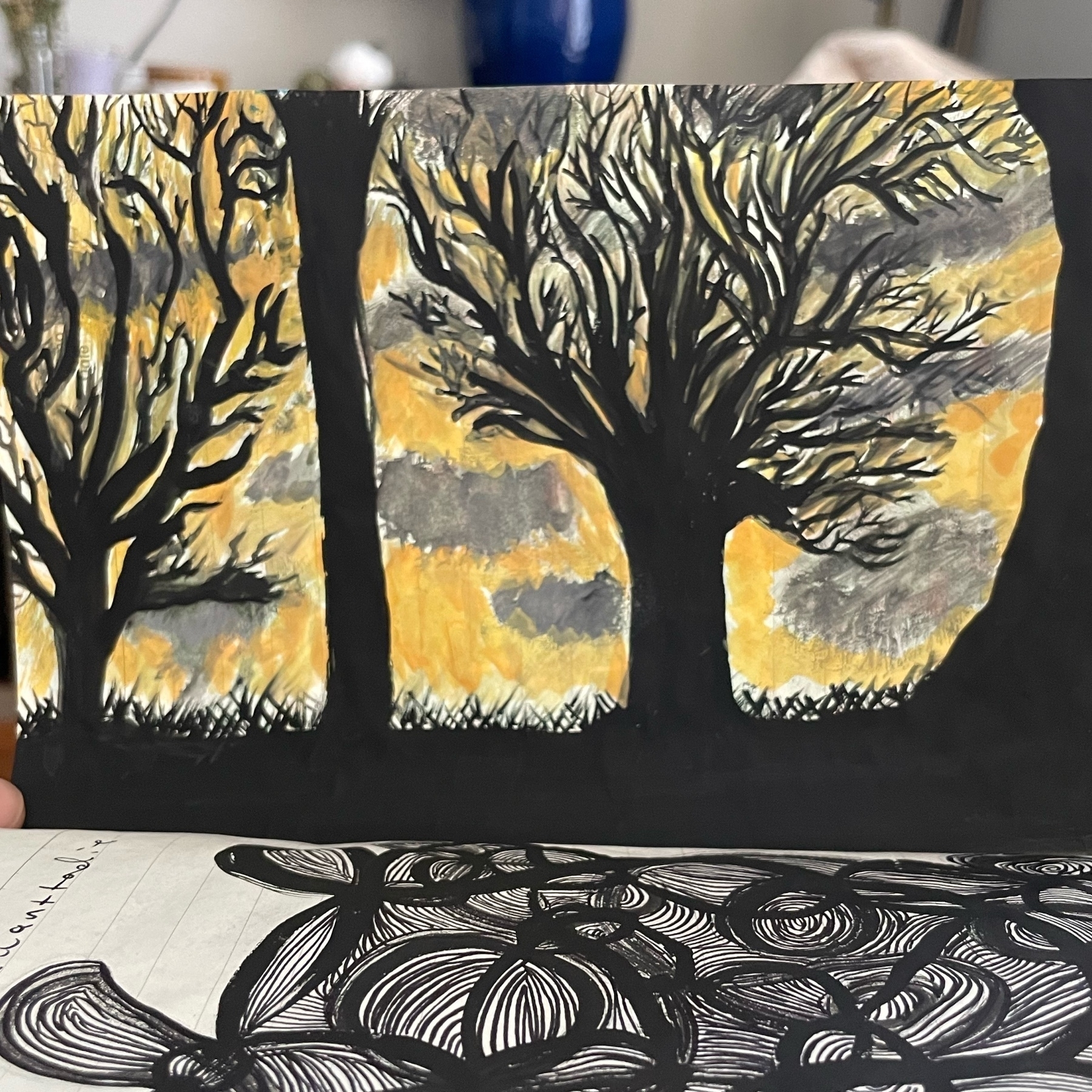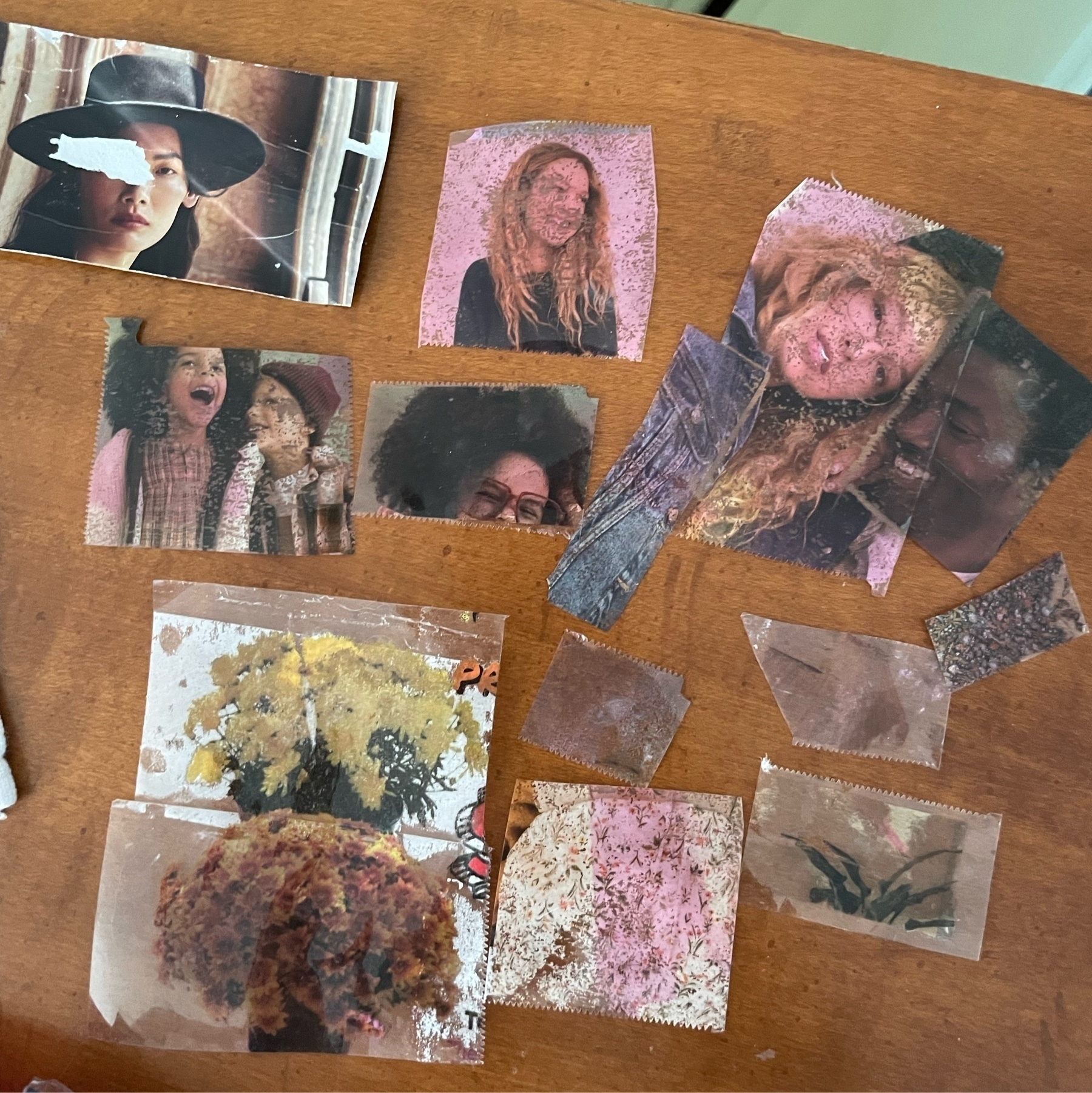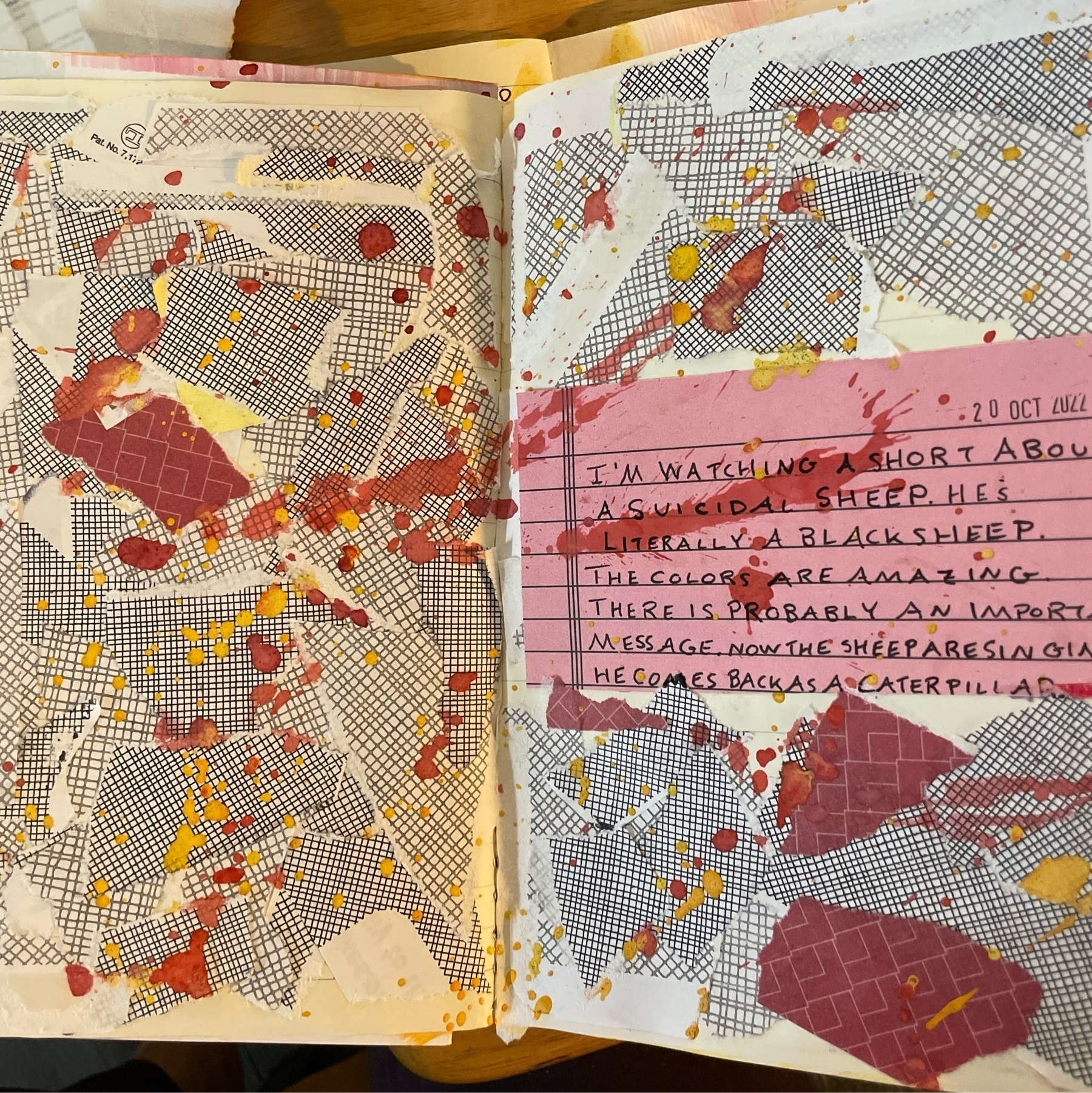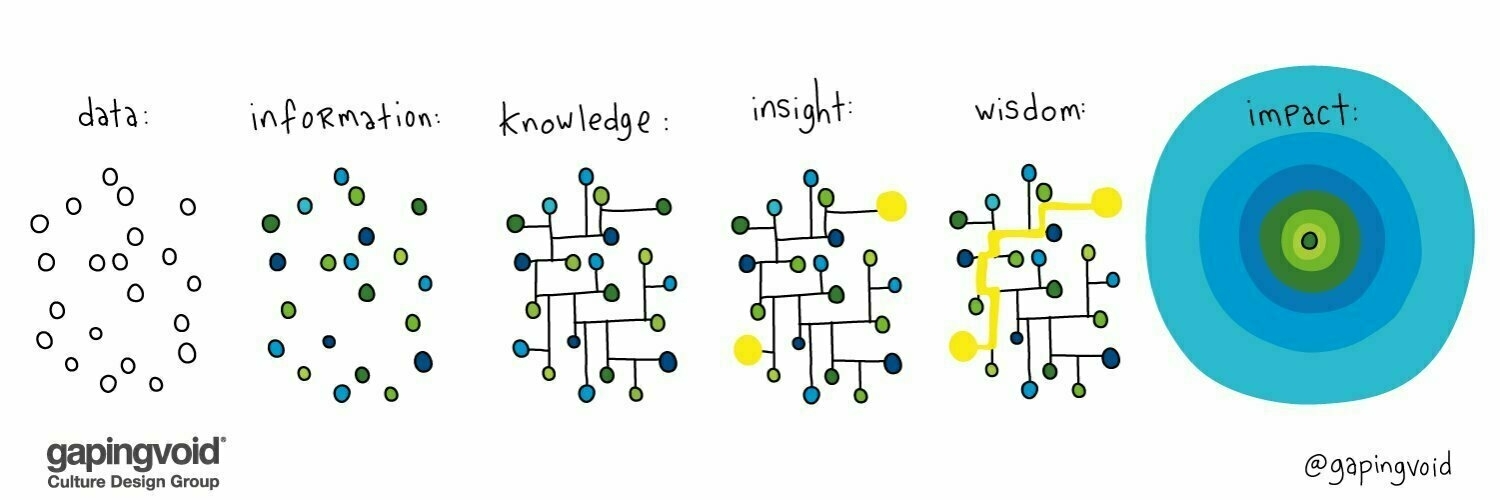Lindsay Cortright
Beware of the idea that comes to easily
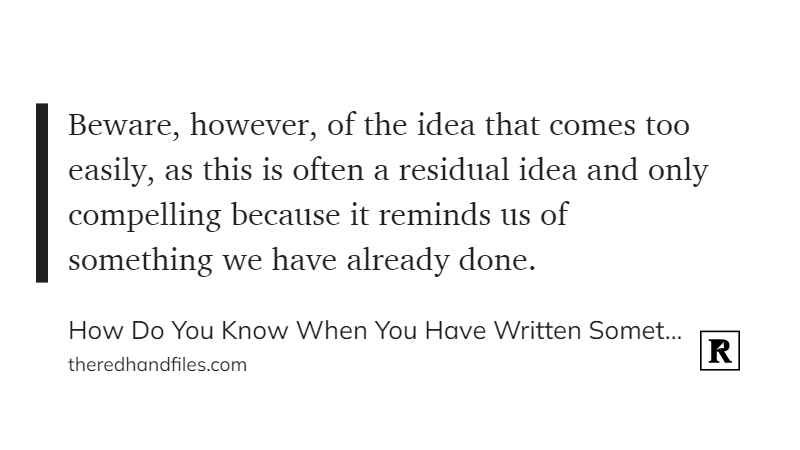
reminds me a bit of “Beware what sounds insightful” - a different takeaway / approach to the idea. >“Beware, however, of the idea that comes too easily, as this is often a residual idea and only compelling because it reminds us of something we have already done.” - Nick Cave, The Red Hand Files #130
Atomic Habits: Chapter 1
Notes on Chapter 1:
Small decisions compound over time to reach positive or negative results.
- For example - British cycling team broke down every component of cycling, from the equipment, environment, personal health of the athletes such as sleep, self-care practices like massage, hygiene and boosting the immune system), to achieve big results through small tweaks
- The problem with small changes is that they are often invisible…until they’re not. The effort can seem pointless and it’s easy to become frustrated. This also makes it easier easier to let small but negative choices slip (one meal, one workout skipped, one drink) and these negative choices compound over time to produce the opposite result we are striving for.
I love this example: Consider an ice cube. In a freezing cold room (say, 25F), it remains frozen. Say you increase the temperature of the room one degree at a time. For the first 7 degrees, there will be no change…UNTIL the temperature reaches 32+. As the temperature continues to increase, the ice cube melts faster and faster.
What looked like absolutely no progress actually compounded and the change is now accelerating.
Because we expect progress to be linear but compound gains are more of a curve, it’s easy to get discouraged (see figure 2 - valley of disappointment). We set high goals and expect to see consisten progress which sets us up for disappointment. It’s why people fail diets or gain the weight back.
![The Plateau of Latent Potential graph, Reference: James Clear in Atomic Habits, p22] miro.medium.com/max/1041/…
But! There’s hope!
More important than your goal or end result is the system you use to reach it.
Without a system in place, you can’t make consistent progress. It’s hard to stay the course when you’re not achieving the result you want. Instead of focusing on the goal, focus on the methods you’ll use to reach it (input vs output - Dan Shipper has a great article on process vs output oriented goals this but I paused my every.to - will link later if I can find it).
Goals are for providing direction but systems are what lead to progress.
Clear outlines the issues with goals: 1) Winners and losers have the same goals, but winners have systems that set them up for success. 2) Achieving a goal is momentary. Achieving is not sustaining. - Example - if your goal is to have a clean room, then sure, you can just clean your room and get the result you want. But next week, chances are you will need to clean your room again. However, if you set up a system and follow it (give everything a place, make your bed upon waking, etc), you have a much better chance of maintaining a clean room 3) Goals can limit your happiness. Often we strive to achieve our goals through delayed gratification…which means you’re probably not happy until you reach your goal! - Unfortunately, this can encourage black and white thinking - when the going gets tough, it can be hard to stick it out. You let it slip and once you let it slip, you get the f*ck-its. You’re already late, what’s five more minutes. You already had the donut, why not have the second, etc. 5) And finally - goals create a yo-yo effect. Once you’ve reached your goal, you lose motivation (again - why diets fail.
Welp, that’s all for now!
Additional resources: read The Neuroscience of Achieving Your Goals or listen to The Science of Setting and Achieving Goals - Huberman Lab Dopamine Stacking: The hidden wisdom in trying new tools and systems
book report: James Clear's Atomic Habits
Re-reading James Clear’s Atomic Habits (one of the most practical books I’ve read).
I’m taking notes and will post the summaries here as I go, although fantastic summaries have already been written, if you don’t want to commit to the full book. I’m not going to re-read them now as this is more of an exercise for me / way to reinforce my learning but it will be interesting to compare my takeaways after.
You can read more James Clear on his website.
I will add links here to each post: - Chapter 1 - Chapter 2 - Chapter 3
beware what sounds insightful
“If you read something on the internet today, the odds are good that the writing was produced to capture your attention… I think the arms race for our attention has led to an arms race in writing. The best online writers are able to make something sound insightful — regardless of whether it’s true, or whether it’s useful.” - - Cedric Chin, Beware What Sounds Insightful
I used to really hate cliches but the older I get, the deeper I understand them. They are cliche because they are restated, over and over. But they are repeated so often because they are true. The more experience I have, the more things start to click into place in a way I could not explain - you can only experience it. You could never convince younger me that I didn’t understand these aphorisms. Yeah, yeah of course, we know it, no need to repeat it. It becomes trite. We recognize the truth, but we don’t understand it until we experience it.
I think about this article a lot. It’s easy to latch onto these nebulous ‘new’ ideas because they’re different. Our brains crave novelty. But not all new ways of speaking are actually helpful. (counterpoint - what if they are helpful because their nonsense allows us to project what we need to hear? maybe they do not contain as much meaning as we assign but they’re value is that we assign them meaning and through that, learn more about ourselves and life experience.
Some ideas sound insightful because they are true. But not all true ideas sound insightful. A true idea that is commonly accepted can sound trite and obvious: we call those clichés. The job of a good writer, then, is to present some truth in a way that doesn’t trip our cliché triggers. This means that attention seeking in writing usually devolves to the same handful of tricks.” - Cedric Chin, Beware What Sounds Insightful
It’s an excellent article and I highly recommend reading the whole thing, especially if you are a writer.
See also: Beware of the idea that comes to easily
Important read on “Gay-tekeeping” in the queer community: >I’ve always thought of relationships as being like cells: living organisms, self-contained by only by the thinnest membrane through which fragments of the larger culture can diffuse in strange, sometimes counterintuitive ways. Diffusion happens, as we know, against a gradient. “It’s horrible out there,” I tell myself, “and the inside of our little cell is so gay. Of course things try to sneak in around the edges.” It sounds silly — and it is — but this is the best way I can explain how remnants of homophobia sneak in against the grain of queer partnerships.” - Yashwina Canter
on becoming, coming into yourself
(and coming out) a little excerpt from today’s reading – >“I’m not usually like this. This person who wakes up and decides to dye her hair blue that very day, this person on her way to meet a stranger from the internet with the very explicit goal of hooking up. I’m turned on by own out-of-character actions. My life is about to change, but I don’t know that yet, because you can never know a thing like that as it’s happening. But I do feel something, these little changes, these little pops of spontaneity, they’re culminating, charging each other. Or maybe it’s just easy to write that back onto the experience in the future.” - Kayla Kumari Upadhyaya
Read the full essay here: The Gayest Things I Did in My Twenties
Happy Pride Month!
One of my favorite quotes on pride, from The Argonauts, by Maggie Nelson:
“…And I have long known that the moment of queer pride is a refusal to be shamed by witnessing the other as being ashamed of you.”
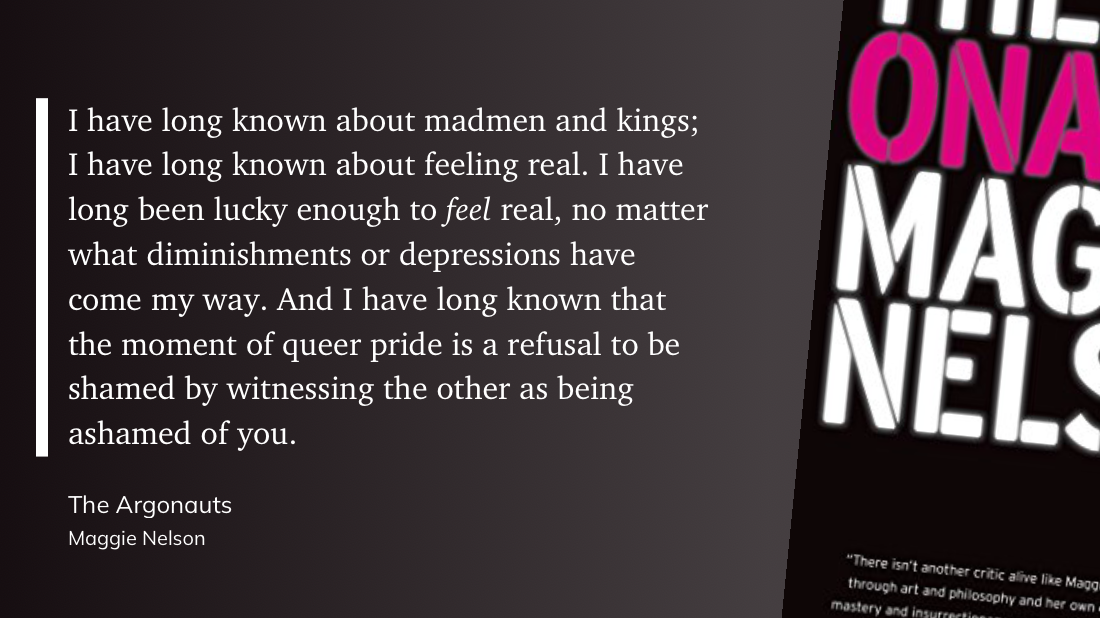
Make it Art
“Think of some regular walk or drive or ride you experience often, or even that you’re experiencing for the first time. Imagine yourself a curator. Decide what, among the things you notice, you might declare public works of art.” - Rob Walker

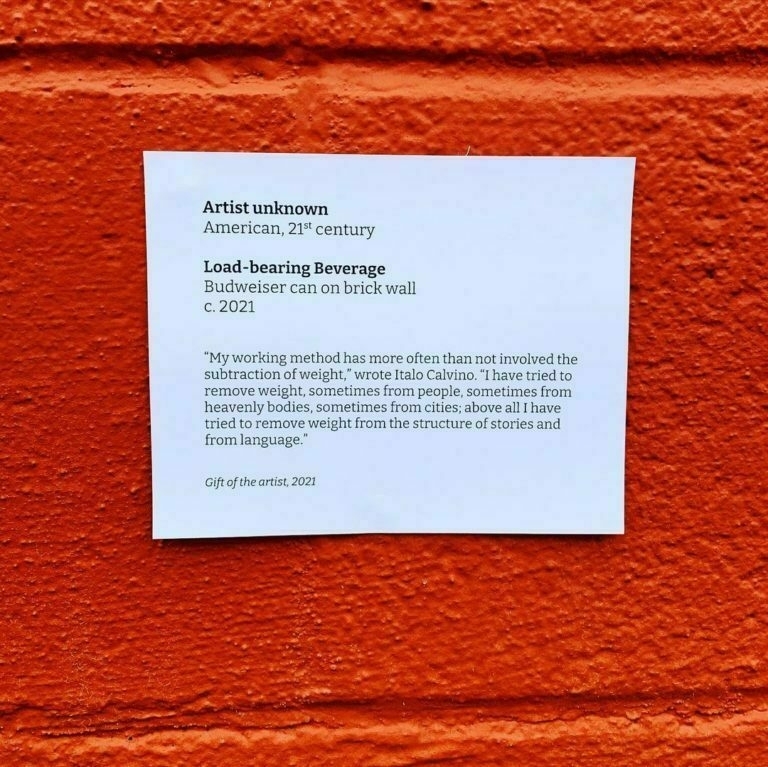
See also - Rob Walker: The Art of Noticing on Make it Art:
